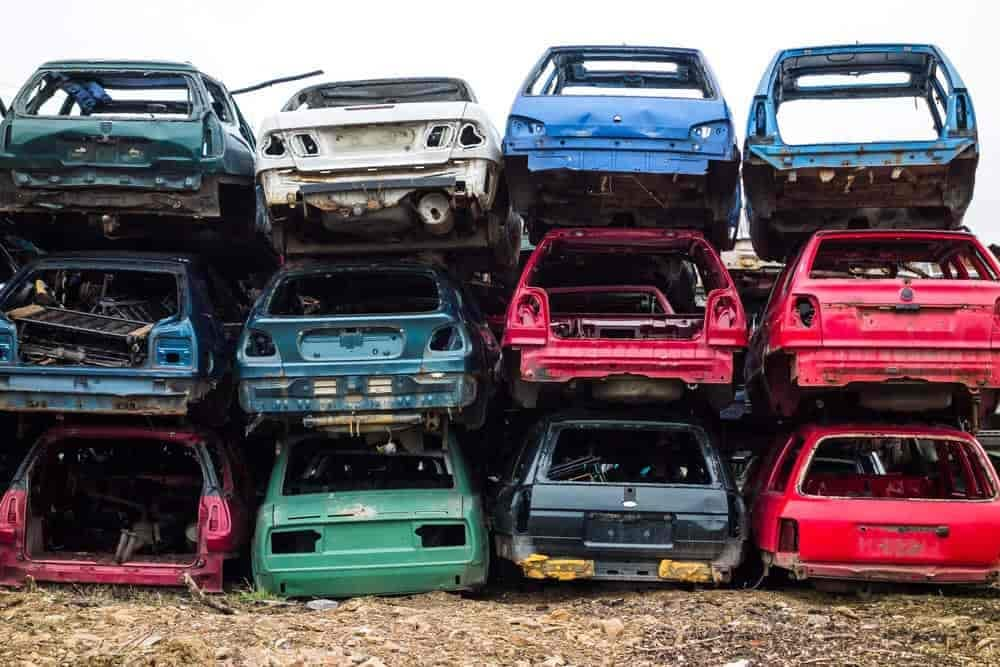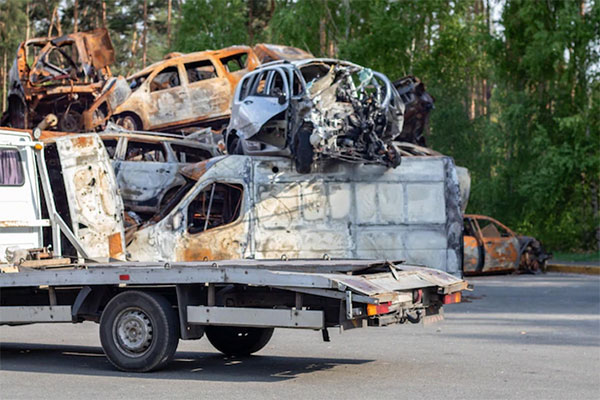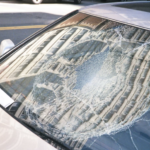When it’s time to part ways with an old, broken-down vehicle, the question arises: how can I scrap my car Singapore responsibly and efficiently? In a country where space is limited and environmental concerns are ever-growing, Singapore’s car scrapping process is both a practical and necessary solution for aging vehicles.
Why Do Cars Get Scrapped in Singapore?
In Singapore, cars are considered a privilege due to high taxes, strict government regulations, and limited road space. Owning a car beyond its Certificate of Entitlement (COE) lifespan—usually 10 years—becomes increasingly expensive, making scrapping a more economical choice.
- COE Expiration: When your car’s COE expires, you either renew it, which comes with high fees, or consider scrapping. COE premiums have been on the rise, making renewal less attractive for older vehicles.
- Wear and Tear: Cars that are driven frequently begin to show signs of wear, leading to costly repairs and lower resale value. Scrapping avoids further expenses.
- Environmental Impact: Older cars generally have higher emissions, and scrapping allows for recycling parts and materials, reducing environmental harm.
How Does Car Scrapping Work in Singapore?
The car scrapping process in Singapore involves several steps to ensure that everything is handled according to regulations.
1. De-register Your Vehicle:
Before you can scrap your car, it must be de-registered with the Land Transport Authority (LTA). De-registering officially removes your vehicle from Singapore’s vehicle registry.
2. Select a Scrapyard or Exporter:
You’ll need to choose between scrapping it locally or exporting it to another country. Many scrapyards offer both services.
3. Complete Ownership Transfer:
After de-registering, transfer ownership to the scrapyard or dealer who will handle the disposal or export.
4. Claim Your PARF and COE Rebates:
Owners who scrap their cars may be eligible for rebates on their Preferential Additional Registration Fee (PARF) and remaining COE period. This financial return can be claimed through the LTA.
Choosing Between Scrapping and Exporting
You may wonder, should you scrap or export your car? This decision often depends on the car’s condition and its remaining COE value.
- Scrapping: Older vehicles with minimal COE value left or extensive wear and tear are usually better suited for scrapping. This involves dismantling the vehicle and recycling parts like metal and plastics.
- Exporting: If your car is relatively new or in good condition, exporting can sometimes yield a higher payout. Many dealers export cars to countries where demand for used vehicles remains high, like Malaysia or some African countries.
The Benefits of Scrapping Your Car
Beyond the financial aspect, scrapping brings other benefits that contribute to the sustainability and cleanliness of Singapore.
- Environmental Responsibility: Scrapping minimises waste by recycling materials that would otherwise end up in landfills.
- Reduced Road Congestion: De-registering and scrapping older vehicles helps reduce traffic congestion and supports Singapore’s goal of maintaining a sustainable transport system.
- Cash Incentives: Besides the COE and PARF rebates, scrapyards or dealers may offer cash for specific car parts in demand.
What You Can Expect in Rebates
In Singapore, scrapping isn’t just about saying goodbye to an old vehicle—it can mean reclaiming some financial value.
- COE Rebate: If your car still has months or years left on its COE, you’re eligible for a pro-rated rebate for the remaining period. This rebate is credited to the registered owner’s account.
- PARF Rebate: The PARF rebate is based on your car’s age and the amount paid at registration. For example, a car that’s de-registered within 5 years of its COE expiry may receive a PARF rebate of up to 50%.
Average Rebates You May Expect
Here’s an idea of rebate percentages based on de-registration timing:
- Up to 5 years: 50% PARF rebate
- 6 years: 45% PARF rebate
- 7 years: 40% PARF rebate
- 8 years: 35% PARF rebate
- 9 years: 30% PARF rebate
- 10 years: 25% PARF rebate
These rebates are an essential part of scrapping your car, making the process more financially viable.
Tips for Scrapping Your Car Smoothly
Scrapping can be an efficient process if you plan ahead. Here are a few tips to ensure a hassle-free experience:
- Gather All Required Documents: Ensure you have your vehicle log card, de-registration proof, and bank details ready.
- Get Quotes from Multiple Dealers: Scrapyard prices can vary, so getting a few quotes ensures you get the best return.
- Remove Personal Items: Before handing over the car, remove all personal belongings, including insurance tags and e-payment devices.
- Claim Any Outstanding Insurance Refunds: If you recently renewed insurance, you might be eligible for a pro-rated refund.
Why Scrapping Benefits Singapore’s Future
Scrapping is about more than just saying goodbye to an old car. It’s about making a choice that respects Singapore’s sustainability goals. By recycling car parts, reducing landfill waste, and lowering emissions, scrapping supports a cleaner, more efficient Singapore.
- Environmental Goals: Singapore aims to reduce waste by 30% by 2030. Scrapping aligns with these objectives by ensuring that vehicle waste is managed responsibly.
- Reduction in Carbon Footprint: As a car ages, its emissions increase. Removing older vehicles from the road contributes to lower overall emissions, aiding Singapore’s climate commitments.
Frequently Asked Questions
Here are some quick answers to common questions about scrapping a car in Singapore.
- How long does it take to de-register a car? De-registration with the LTA is instant upon online submission.
- Do all scrapyards offer PARF and COE rebates? Rebates are processed through the LTA, so you’ll receive them regardless of the scrapyard.
- What happens to my car after it’s scrapped? Scrapyards typically dismantle cars, salvaging and recycling materials like metal, rubber, and plastics.
Scrapping your car doesn’t just end with the disposal of a vehicle. It’s a decision that ripples across your finances, Singapore’s urban landscape, and even environmental sustainability. When you’re ready to say, “scrap my car Singapore,” you’re making a choice to support a cleaner, greener future.








